
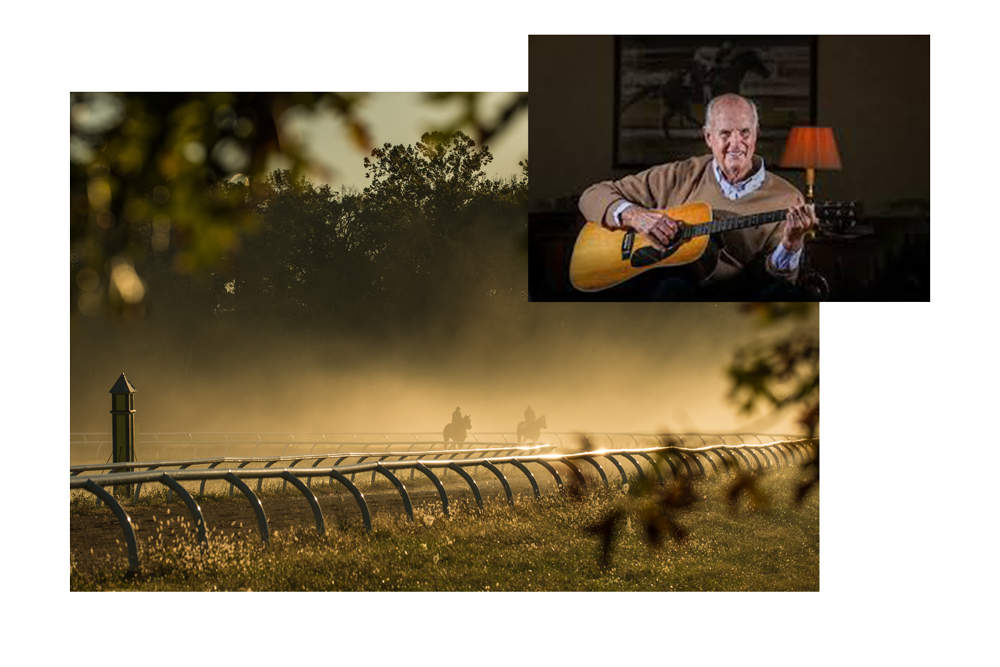
Stone Farm: For half of a century.
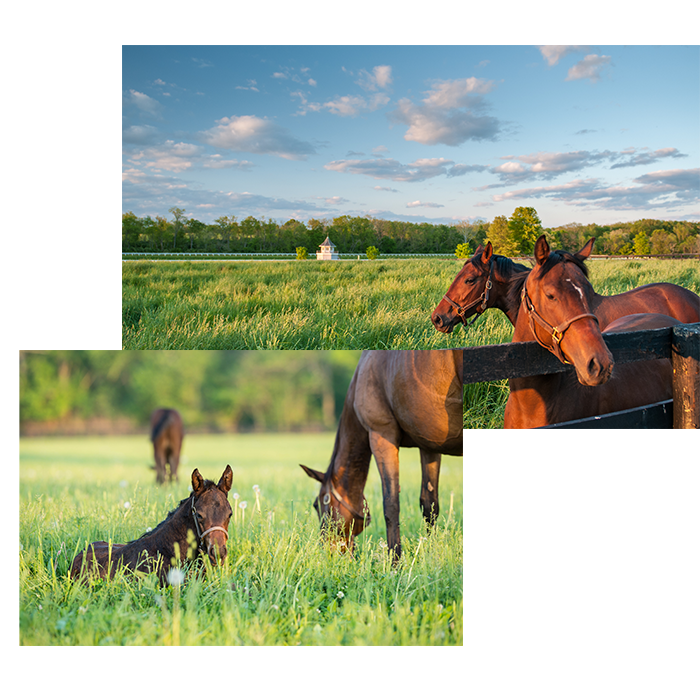
If you take care of the land,
the land will take care of you.
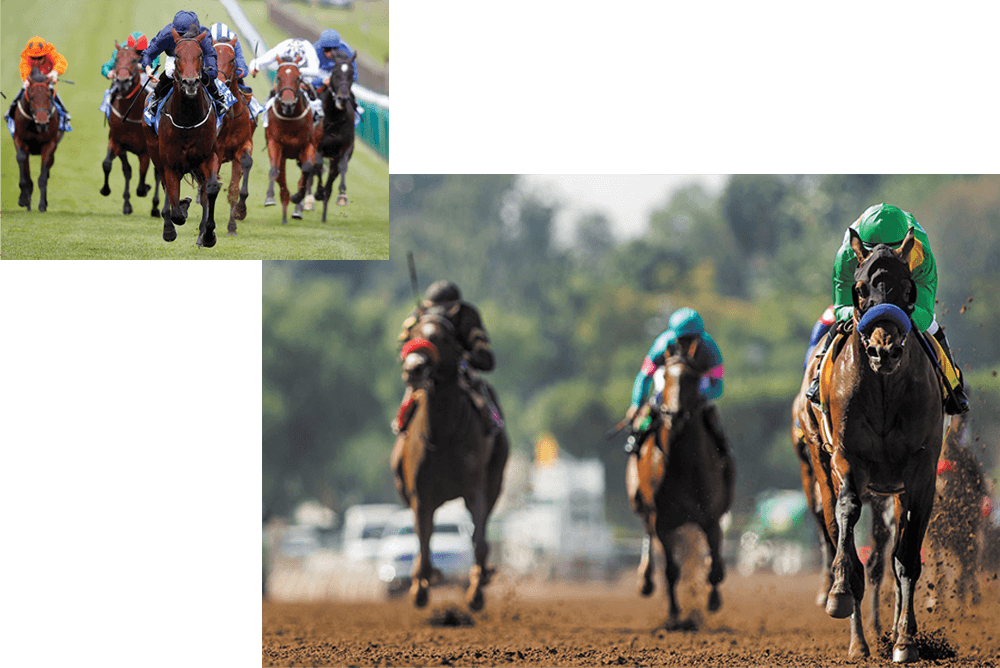
We’re trying to raise you a good horse.
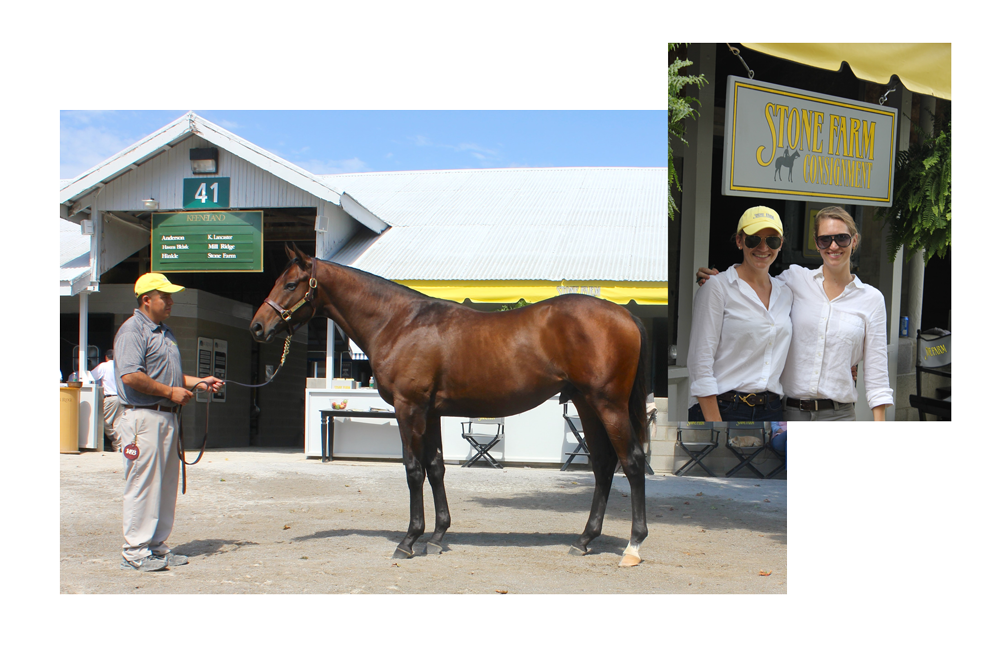
We sell only what we raise.
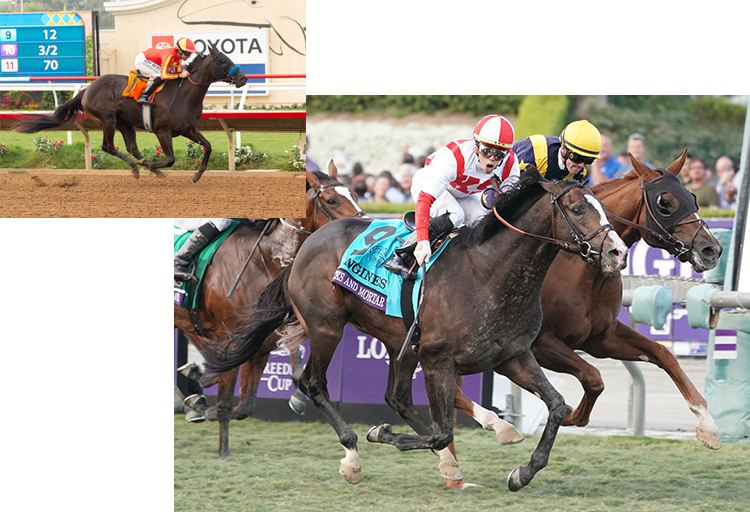
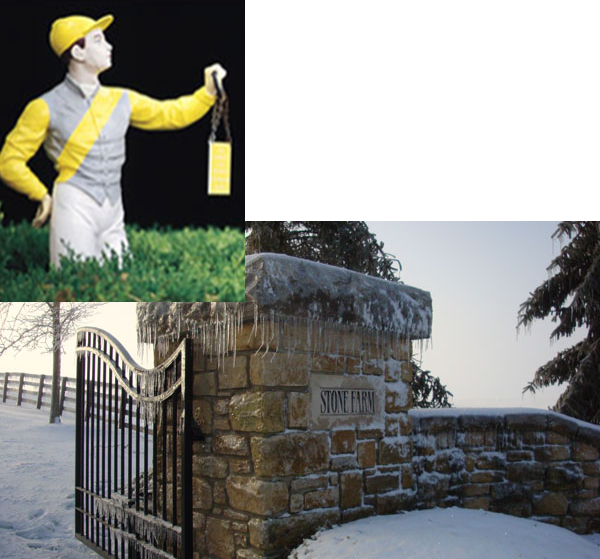
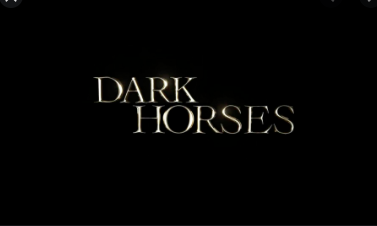
There had been enough build up and publicity for the NBC documentary “Dark Horses” that you had already heard what it was all about and that it was very good before it first aired Saturday. It is the story or the rivalry between Easy Goer and Sunday Silence and the uneasy relationship that involved Claiborne Farm, Ogden Phipps and brothers Arthur and Seth Hancock.
And, yes, the program was excellent. Director Castor Fernandez did a superb job, particularly in the way he told the story of Arthur Hancock, the outcast who was essentially exiled from Claiborne when his father, Bull Hancock died, and how Easy Goer’s owner, Ogden Phipps was instrumental in installing younger brother Seth as the new head of Claiborne.
Arthur’s story had been told before, but never quite in this detail. The elder of the two brothers, Arthur, spoke openly about how wounded he was when it was decided that Seth would take over Claiborne and how he vowed to be bigger, better and more successful than his brother’s operation. He also revealed that his obsession with growing his Stone Farm into a large scale breeding and racing operation nearly ruined him financially. If not for Sunday Silence, it is doubtful Stone Farm would have survived.
But as much as I enjoyed “Dark Horses,” I felt a sense of melancholy when the final credits were rolling. Sunday Silence/Easy Goer was a glorious time for horse racing and just the sort of thing that made the sport so captivating. As a then reporter for the New York Daily News and an unabashed and unapologetic homer for Easy Goer, the four races between the two are indelible memories that I cherish–even though my horse came out on the losing end in three of the four.
There is nothing better in racing, or in any sport for that matter, than rivalries between great athletes. Ali/Frazier. Curry/LeBron. Affirmed/Alydar. The very best facing the very best and let’s find out on the playing field who is the greatest of them all. We don’t have that anymore. And, most likely, we never will again. They only raced 29 years ago, but it might as well have been 290. This sport is so different now than it was in 1989 that what transpired between Easy Goer and Sunday Silence is no longer possible. What a shame.
Imagine had these two horse come around within the last few years. After finishing second in the GI Kentucky Derby, Easy Goer’s connections likely would have passed the GI Preakness and tried to ambush Sunday Silence in the GI Belmont with a fresh horse. It’s ironic that their Preakness is considered the best battle the two ever had and, by some, one of the greatest Triple Crown races ever run. Or suppose Easy Goer did win the Preakness, he may not have come back for the Belmont. Time for a break. The same could be said for Sunday Silence had his Triple Crown bid ended with a defeat in Baltimore.
After Easy Goer got his revenge and his only win over Sunday Silence in the Belmont, would they, in this era, both have made the GI Breeders’ Cup Classic? Probably, but not definitely. They were both so valuable after the Triple Crown as sire prospects that the slightest hiccup very well could have knocked them out of racing’s “championship event.” Few probably remember that Sunday Silence was defeated in his first start after the Belmont, finishing second in the GII Swaps S. Today, that might have meant retirement.
Sunday Silence and Easy Goer never met again after the 1989 Breeders’ Cup, but they were set to. Yes, back then, superstars actually ran at age four. Sunday Silence won the GI Californian in 1990 and then was retired due to injury after finishing second in the GI Hollywood Gold Cup. Easy Goer had a similar campaign at 4. He won a minor stakes, finished third in the GI Metropolitan H. and then was retired after winning the GI Suburban H.
Sunday Silence was retired due to a torn ligament in his left front leg. The injury was discovered two weeks after Easy Goer was retired due to a bone chip. Few probably remember that the two were on a collision course for a race created by Arlington owner Richard Duchossois, the Arlington Challenge Cup.
Racing’s next chance at staging a clash between great horses came when Zenyatta and Rachel Alexandra, two of the greatest fillies ever, came around at the same time. To the surprise of no one, they never met, and that was a travesty.
But that doesn’t mean racing is bereft of thrills and special events. We happen to have a horse going for a Triple Crown in a few days. It does mean that one of the things that made the sport so enthralling is, sadly, a thing of the past.
That’s not the fault of NBC or Castor Fernandez, so let’s get back to what a terrific job they did crafting this real-life drama. It was as much the Arthur Hancock story as anything else. Seth declined to be interviewed for the documentary, but they found plenty of old clips of him giving interviews and the Hancock’s sister, Dell, served as an eloquent spokesperson who filled in a lot of the blanks of the Seth-Arthur rivalry and is clearly fond of and proud of both of her brothers.
Fernandez nailed it when it came to telling Arthur Hancock’s story and capturing his personality. His only flaw was that he had a bit of a wild streak and was not as corporate and as restrained as brother Seth. Nothing wrong with that. But it did cost him the job running Claiborne, in large part due to Phipps.
Another area where Dark Horses excelled was with the interviews it did with jockeys Pat Day, Pat Valenzuela and Chris McCarron. All three recalled the races as if they were run yesterday and their insights into their race-riding tactics were fascinating.
My only complaint was that the story ignored the New York/California rivalry. Easy Goer was New York’s horse, trained at Belmont Park and owned by New York racing aristocracy in the Phipps family. Then NYRA announcer Marshall Cassidy added fuel to the fire when calling out “New York’s Eeeeeaaasssssyyyyy Goer in front” as he was pulling away in the Belmont. He did it again in the Woodward when he said, “This is New York’s horse, this is America’s horse” as Easy Goer was drawing off. Californian’s saw Easy Goer as the epitome of what they thought was wrong with New York, that we thought we were better than everyone else. In some respects, they were right. No one in New York thought the scrawny $17,000 horse from California could touch our champion.
They didn’t like Easy Goer and we didn’t like Sunday Silence.
Dark Horses is set to air three more times, so check your local listings, program your DVR. It’s as good a racing documentary as you’ll ever see.
